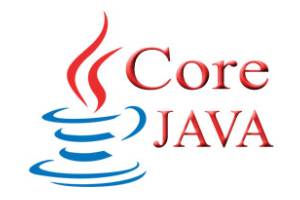Consumer demands are evolving and becoming much more complex with the advancement of digital technology which has resulted in significant disruptions in the automotive industry. The automobile technology shift from internal combustion engines to electric-powered motors has forced companies to adapt their business operations and products to the newly emerging markets. With these disruptions, come new challenges such as managing the supply chain, inventory, product, and environmental regulations.
The Automotive industry has to deal with a critical element of profitability for survival in these markets to effectively and efficiently manage the supply chain and the manufacturing operations. The suppliers are located all over the world which makes it difficult to track and perform quality control which in turn can result in recalls and quality issues causing disruptions to the business, loss of profit, and negatively impact the brand image and customer confidence. To tackle this challenge, businesses need strong traceability tools to track the source and destination of all their components. It has also become inevitable for the automotive industry to have strong shop floor control and overall equipment efficiency to ensure that the present times’ disruptive markets do not have negative impacts on their sales and operational strategies.

Besides the above challenges, there are a few industry compliance standards that the companies in the automotive industry have to comply with due to the global nature of their business and supply chain. MMOG/LE is one such standard jointly developed by AIAG and ODETTE that helps to evaluate their supply-chain management processes against best industry practices and facilitate effective relationships between them. Many OEMs require their suppliers to be compliant with standards like IATF 16949, AEC-Q100, and AEC-Q200 which help them develop a process-oriented quality management system that provides for continual improvement, defect prevention, and reduction of variation and waste in their supply chain.








